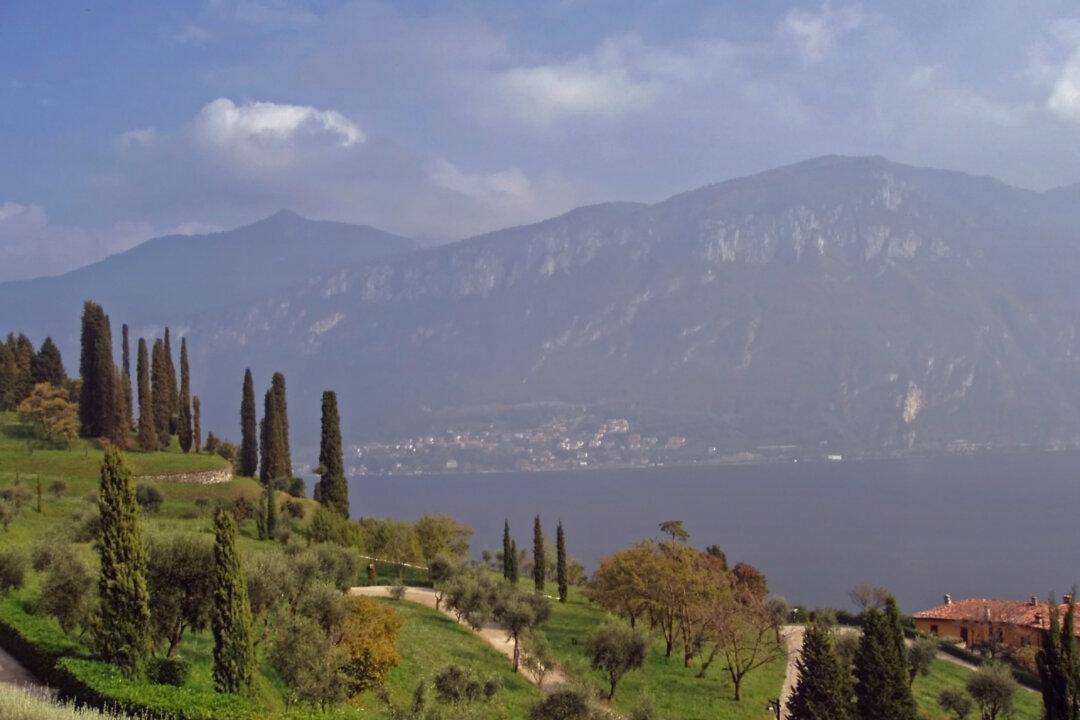By Nikki Ekstein
From Bloomberg News
The founders of the World’s 50 Best Restaurants and Bars lists have crowned the world’s best hotel for the first time—and it’s Lake Como’s Passalacqua.

The founders of the World’s 50 Best Restaurants and Bars lists have crowned the world’s best hotel for the first time—and it’s Lake Como’s Passalacqua.